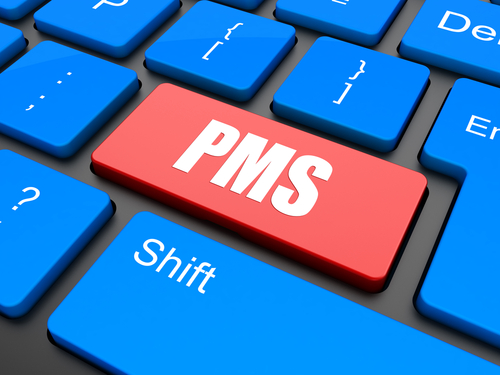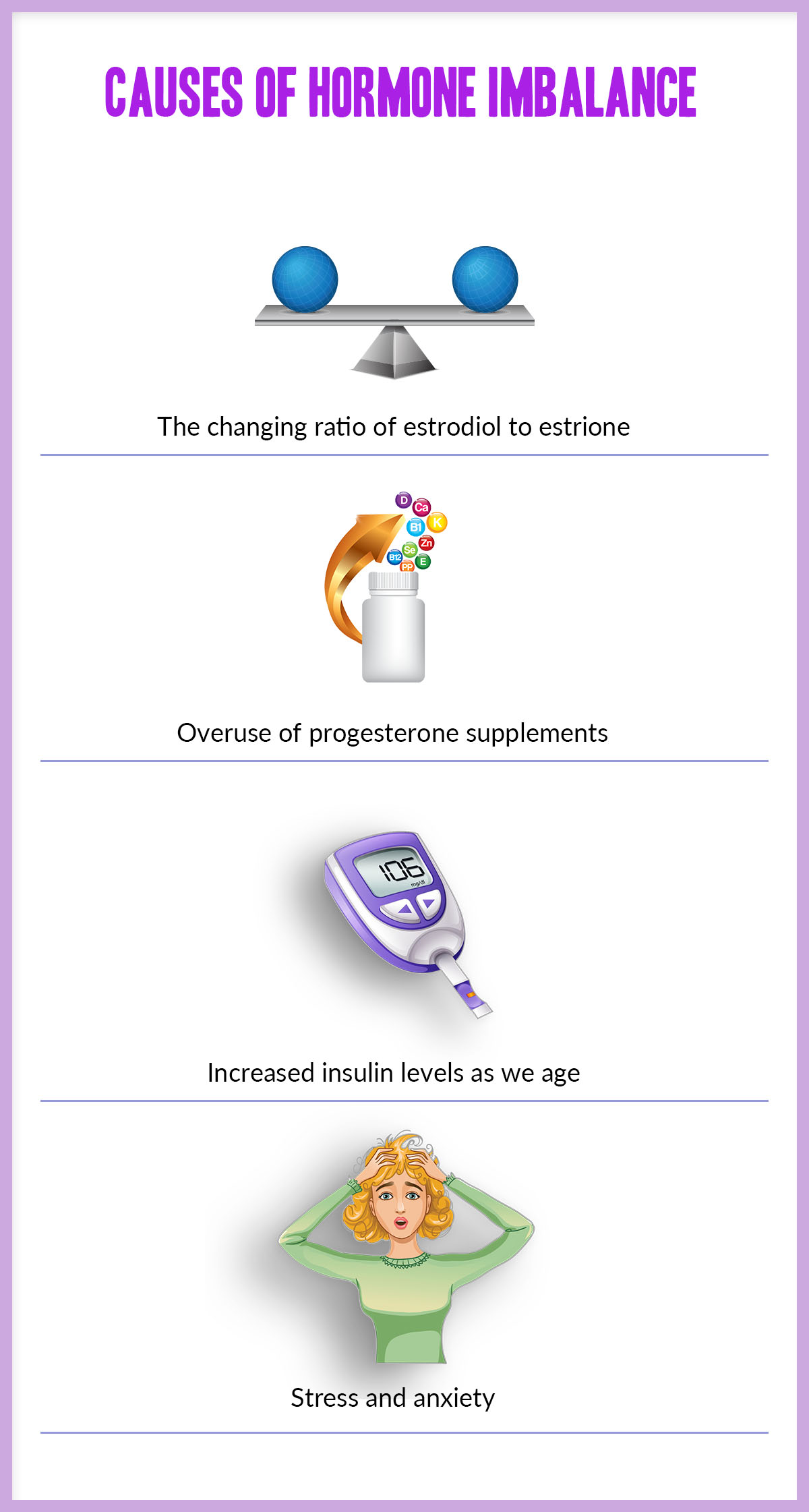
Hormones And Weight Gain
Do your hormones actually make you fat? I’ve been treating women for weight loss for over 13 years now, and most of my clients have been successful in losing weight once they started to control their calories and exercise on a regular basis.
However, every now and then I come across a client who is doing absolutely everything right, yet the weight simply will not budge. When the client has blood levels tested they are often told that everything is ‘normal’ and they are at a loss as to where to turn next.
If you can’t lose weight with diet and exercise and you’re not taking any medications that may interfere with your metabolism, it may actually be a hormonal imbalance problem.
The Cause Of Weight Gain As We Age
Women are often told that weight gain is inevitable as we get older, due to a decline in metabolism and menopause. Many people mistakenly believe that excess estrogen causes weight gain in the later years. In fact the opposite is true. There are three types of estrogen: estradiol, estrone, and estriol.
As we age our estradiol levels diminish, which changes the ratio of estrone to estradiol. It is this imbalance that causes weight problems. Hormone expert Elizabeth Vliet says there are a number of significant factors that contribute to unwanted weight gain in women over the age of thirty-five:
- The changing ratios of estradiol and estrone;
- The changing ratio of estradiol, DHEA, and testosterone;
- Supplementing with excess progesterone relative to estrogen;
- The effects of excess adrenal androgens and cortisol relative to estradiol;
- Increased insulin levels as we age;
- The gradual decline in thyroid function
What Can You Do About It?
If you’re not adverse to the idea of hormone replacement therapy and you’re at the right age, you may want to consult with your doctor about the options available. According to Doctor Vliet, you don’t have to be having hot flushes to be in peri-menopause. She says that if you are gaining weight, especially around the middle this is a classic sign of estradiol decline.
Years ago there was a study done that suggested hormone replacement therapy causes breast cancer, and that women were in grave danger if they continued to take it. These days, however, the general consensus is that it’s safe to take hormone replacement therapy for at least 5 years, provided you start the therapy within ten years either side from the onset of menopause.
The study that caused millions of women to drop their HRT like a hot potato was conducted in 2002 by the Women’s Health Initiative. However, there were several flaws in the study and many experts say women have been suffering unnecessarily as a result. This article explains why nowadays, the study is largely taken with a grain of salt by most medical menopause experts.
Won’t HRT Make Me Gain Weight?
This is another myth that has been perpetuated by the media, and in fact is not true. Studies show that there is no plausible link between taking hormone replacement therapy and weight gain. If you really want to explore the subject more, I would highly recommend Dr. Elizabeth Vliet’s book ‘Women, Weight and Hormones: A Weight Loss Plan For Women Over 35’.
The Australian Menopause Society also has comprehensive information about menopause and hormone replacement therapy. In particular their videos on the subject of menopause and HRT are especially useful. I recommend watching these videos as a starting point.
Should you consider taking HRT just for weight management? Most doctors would say no; that if you are not experiencing other symptoms of menopause, such as hot flushes, insomnia or night sweats, then you should leave well enough alone. Dr Vliet argues otherwise, saying HRT has incredible benefits in terms of protection from heart disease and bone loss. Either way It is a very personal decision.
The evidence seems to suggest that hormones do make you fat if they are incorrectly balanced. Whatever age you are, you can gain control of your weight problem by arming yourself with up to date, credible information written by experts on the subject of hormones and their relationship to weight. In the meantime don’t hesitate to contact me if you would like some help.




